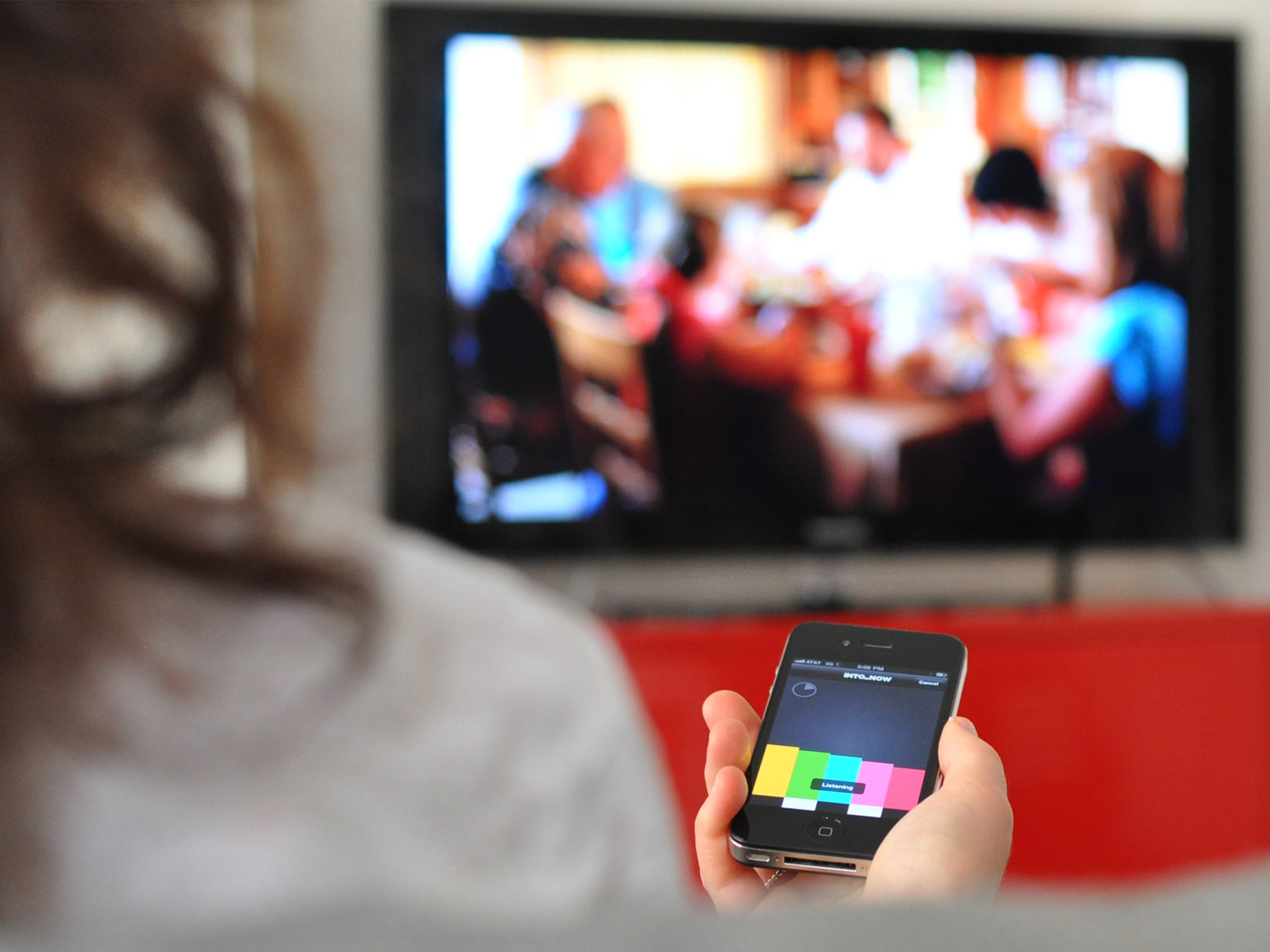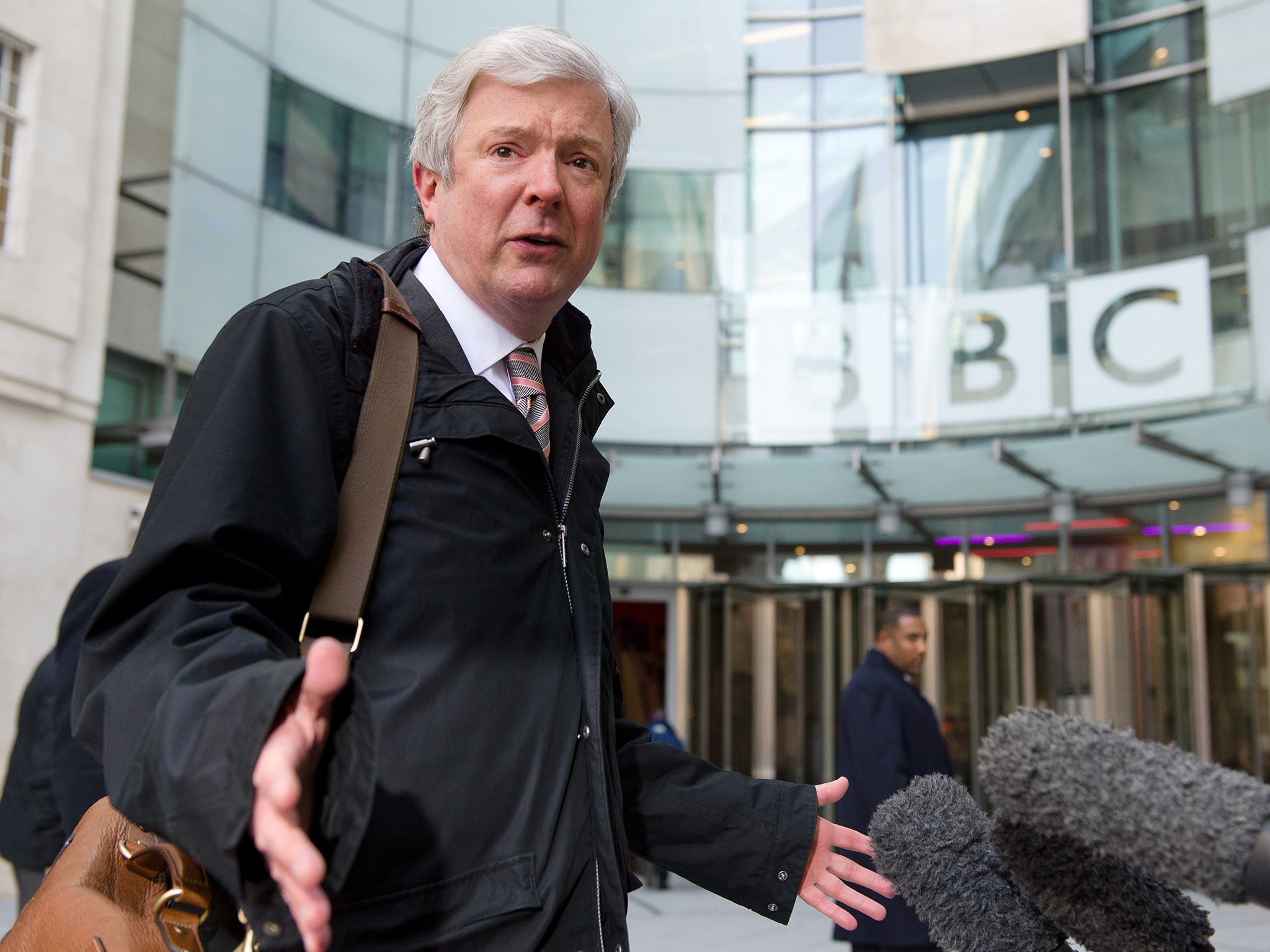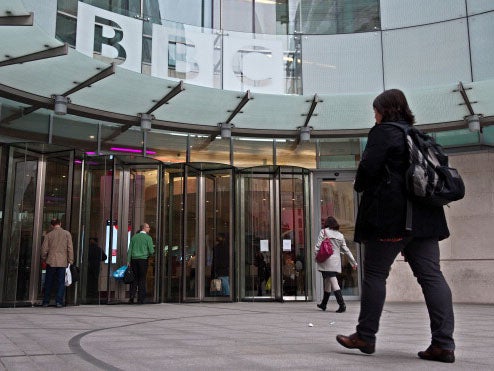Only half of young people watch live TV, according to Ofcom
Many preferring online services despite the value placed on public service broadcasters (PSB) by the public

Young people spend just half of their viewing time watching live TV, research by Ofcom has found, as the BBC announced it is to cut more than 1,000 jobs, because of a £150 million shortfall in its licence fee income as more people watch programmes online.
Blaming an increasing number of people do not watch live television and so do not need to pay the licence fee, Tony Hall, BBC Director-General, told staff that an initial £50m of savings would be made by cuts to management positions and support areas.
Viewers will see more daytime repeats whilst the BBC will have to share further sports rights as the corporation seeks to manage a faster than anticipated switch to online viewing.

The BBC is seeking a modernised licence fee which covers “catch-up” viewing when negotiations with ministers over a new Royal Charter begin.
The cuts were announced as industry regulator Ofcom revealed that only half of young people watch live TV, with many preferring online services despite the value placed on public service broadcasters (PSB) by the public.
Only half of 16 to 24-year-olds watch live TV amid the increasing popularity of services such as Netflix, Amazon Instant Video and BBC iPlayer, said the report.
The review examining, how the BBC, ITV, STV, UTV, Channel 4, Channel 5 and S4C have fulfilled the purposes of public service broadcasting found they continue to make a "significant contribution" to UK broadcasting.

But Ofcom found that spending on first-run UK children’s programmes has fallen in real terms, from £103m in 2008 to £88m in 2014. Spending by ITV, Channel 4 and Channel 5 has dropped 74% overall, to just £3m in 2014, leaving the BBC to account for nearly 97% (£84m) of total PSB spending on children’s programmes .
Investment in drama has also fallen. PSBs continue to deliver high-profile, big-budget dramas, such as Sherlock, Doctor Who and Downton Abbey. But spending on first-run UK drama has declined by 44% in real terms since 2008, from £484m in 2008 to £278m in 2014. The amount of new drama being shown on the PSB channels has fallen from 627 hours in 2008 to 371 hours in 2014 – a decline of 41%.
Over half of all TV viewing is to the main PSB channels, rising to 70% when extra channels such as Plus One are included.
The BBC announcement means that three layers of management will be cut, while some of the BBC's divisions will be reduced.
The jobs are mainly going in professional and support services amid moves to cut back on duplication of roles.

However the BBC has previously announced job loss targets which did it failed to reach. Mark Thompson, the former BBC Director-General, predicted 2,500 job losses in 2011 but the actual net fall in the BBC’s public service headcount was 570.
Tony Hall said: "A simpler, leaner, BBC is the right thing to do and it can also help us meet the financial challenges we face.
"We've already significantly cut the costs of running the BBC, but in times of very tough choices we need to focus on what really matters - delivering outstanding programmes and content for all our audiences."
The BBC said the changes to the structure and organisation will make it "simpler, leaner and more effective".
The corporation has already taken measures to make £1.5 billion of savings a year by 2017, mainly through cutting administration and property costs, pay and jobs as well as shared sports rights.
The BBC said in a statement: "Despite the progress already made, and the realities of the licence fee being frozen for seven years, a new financial challenge means additional savings must now be found.
"The licence fee income in 2016/17 is now forecast to be £150 million less than it was expected to be in 2011. This is because as more people use iPlayer, mobiles and online catch-up, the number of households owning televisions is falling. It also provides further evidence of the need for the licence fee to be modernised to cover digital services.”
The new cuts will deliver savings of £50 million through merging divisions, cutting down management layers and improving processes, said the corporation.
Join our commenting forum
Join thought-provoking conversations, follow other Independent readers and see their replies
Comments
Bookmark popover
Removed from bookmarks